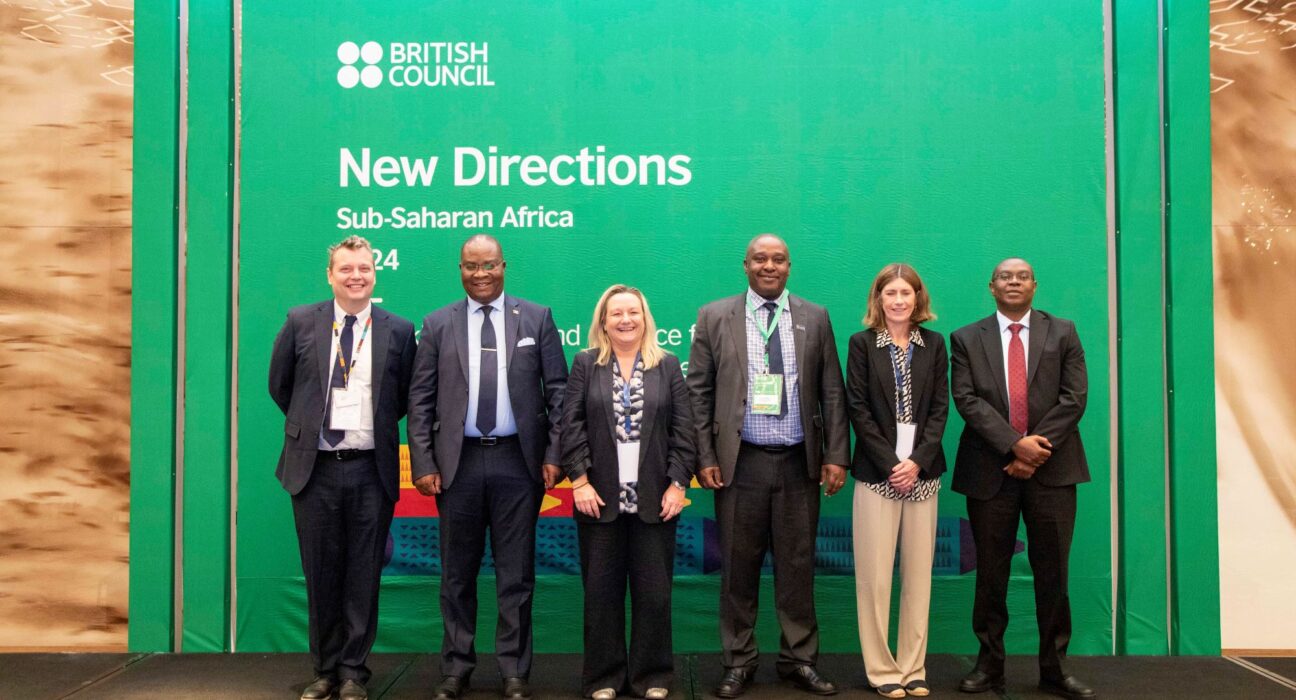In a significant step toward reshaping language education in Africa, the British Council recently hosted its New Directions conference in Sub-Saharan Africa for the first time. Held in Nairobi, the event brought together over 200 global and regional experts, scholars, and policymakers to explore the future of language assessment in the continent’s complex multilingual landscape.
The New Directions conference, renowned for addressing the intricacies of language policy and practice, centered on the theme of “Rethinking Policy and Practice for English in Complex Linguistic Landscapes.” With more than 2,000 languages spoken across Africa, the conference aimed to highlight the challenges and opportunities facing language educators and assessors in this linguistically diverse environment.
Multilingualism at the Forefront
Sub-themes explored during the event included influencing language assessment policies to serve multilingual communities, leveraging technology for language learning, and understanding the opportunities and challenges of multilingualism and plurilingualism. The conference shone a spotlight on African scholars and language practitioners, showcasing the innovative language testing and policy work emerging from the region.
Keynote speaker Prof. Leketi Makalela, Director of the Hub for Multilingual Education and Literacies at the University of the Witwatersrand, South Africa, delivered a thought-provoking presentation on translanguaging and linguistic ‘Ubuntu’—the idea that no language exists in isolation. He discussed how Africa’s multilingual speakers are at the heart of global communication and stressed the importance of reassessing traditional language tests to reflect multilingual realities.
Kenyan Novelist Wanjiru Koinange Highlights Translanguaging in Literature
Renowned Kenyan novelist Wanjiru Koinange, author of The Havoc of Choice, gave an opening keynote presentation, illustrating how her book, though written in English, incorporates several Kenyan languages to narrate a uniquely Kenyan story. Her talk provided a powerful example of how African literature and storytelling embody the essence of multilingualism, resonating deeply with the conference’s goals.
Conference Highlights Africa’s Educational and Technological Innovation
The panel discussions delved into practical strategies for influencing language assessment policies, focusing on integrating multilingualism into educational frameworks. A panel chaired by Julian Parry of the British Council examined the role of technology in advancing language assessment in Africa, featuring experts like Dr. Annet Mugisha Kajura (Uganda), Mr. Mohammed Mahmud (Nigeria), and Mr. Kedri Urji (Ethiopia). These discussions explored how digital innovations can support language learning in Africa’s rapidly evolving educational landscape.
Keshav Sreedharan, Regional Exams Director at the British Council, emphasized the importance of hosting the conference in Africa, noting, “This year’s New Directions conference brought together experts from 18 countries, underscoring our commitment to addressing the unique challenges of language assessment in a digitally enabled world. Africa, with its rich linguistic diversity and youthful population, is poised to shape the future of language education globally.”
Africa’s Role on the Global Language Learning Stage
The conference underscored Africa’s growing importance in the global conversation about language learning and assessment. Kate Ewart-Biggs, Deputy CEO of the British Council, highlighted the significance of the event, stating, “New Directions represents our commitment to equipping African educators and learners with innovative tools to enhance language skills. This is a critical step toward realizing our vision of a world where everyone can thrive, regardless of linguistic or cultural background.”
Africa’s linguistic diversity—boasting over 750 million people and more than 2,000 languages—places it at the forefront of global linguistic innovation. With 70% of its population under the age of 30, the continent is on the cusp of a new era in education, trade, and social transformation, driven by its youthful, multilingual communities.
Charting the Future of Language Education in Africa
As the conference drew to a close, Tom Porter, Country Director of British Council Kenya, reiterated the importance of continued collaboration: “The New Directions conference has provided invaluable insights into the future of language assessment in Africa. We are excited to track the outcomes and how they will influence language learning for years to come.”
By uniting policy makers, educators, and language experts, the New Directions conference successfully paved the way for the future of language education and assessment in Africa, a region rich in linguistic resources and innovation.
A Bright Future for African Language Education
The conference’s impact will likely be far-reaching, influencing language assessment reforms across Africa and beyond. With the increasing importance of multilingualism in today’s globalized world, Africa is set to become a key player in shaping the future of language education. The conversations and partnerships sparked during the conference will continue to shape policy and practice, creating lasting change for learners across the continent.
As Africa continues to emerge as a hub of linguistic and educational innovation, the British Council’s New Directions conference marks a pivotal moment in recognizing the continent’s vital role in the global language learning landscape.





